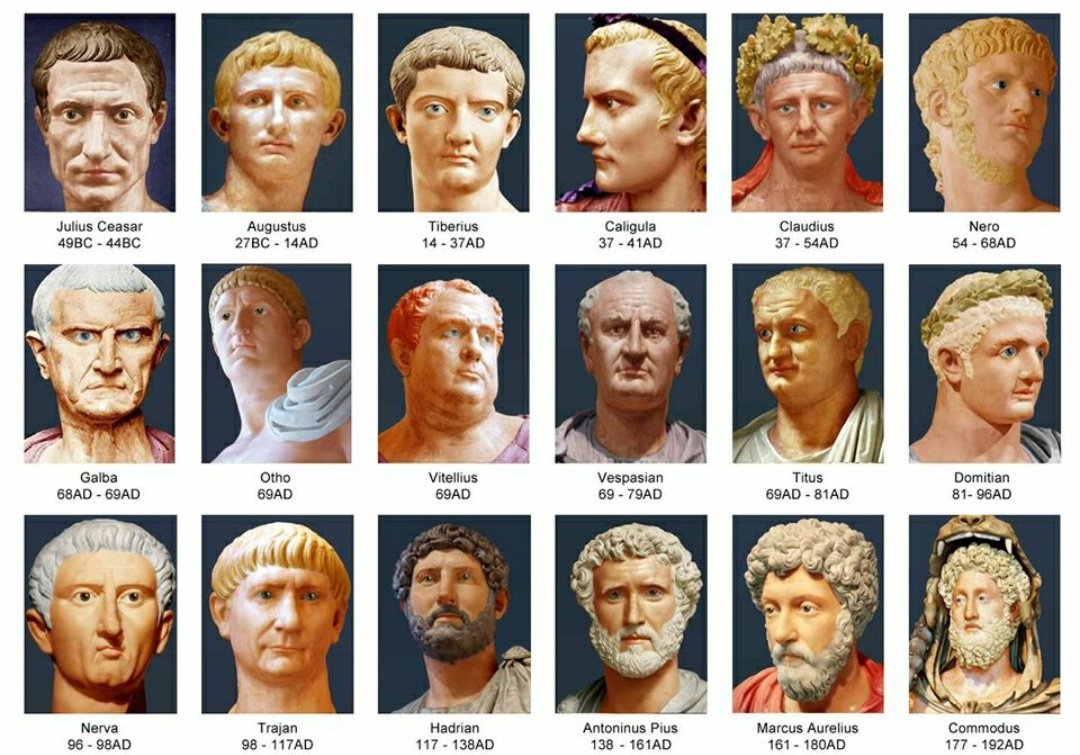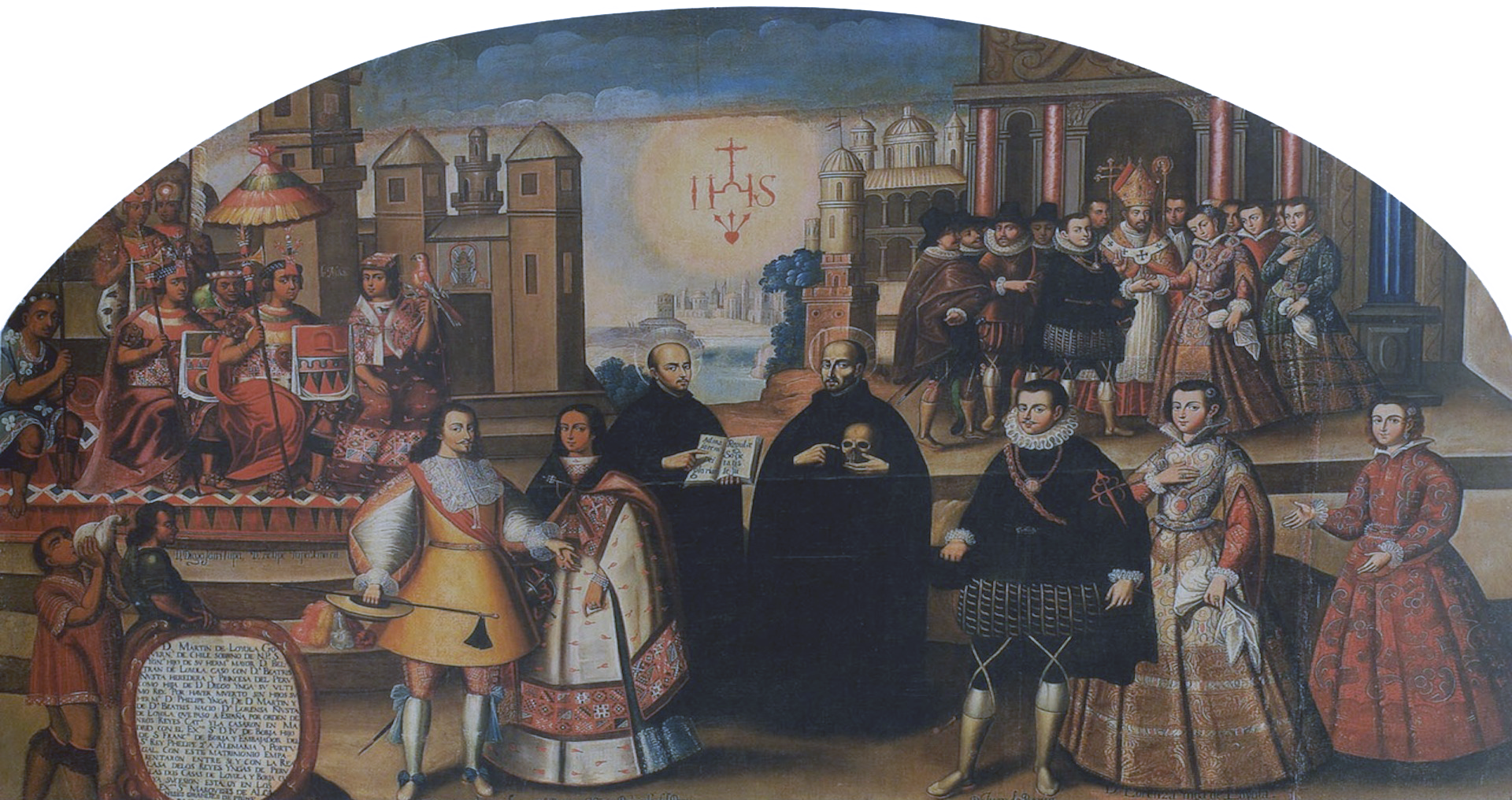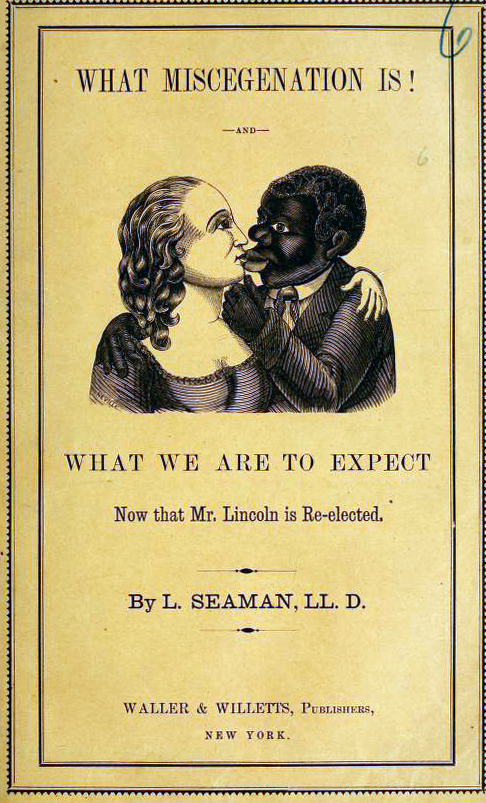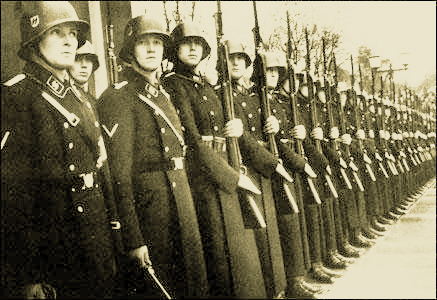‘The Rains of Castamere’ is the ninth and penultimate episode of the third season of the HBO fantasy television series Game of Thrones. It centres on the wedding of Edmure Tully (Catelyn’s brother) and Roslin Frey, one of the most memorable events in the book series, commonly called ‘The Red Wedding’ during which Robb Stark and his banners are massacred. The title of the episode is a song belonging to the Lannister family, the lyrics that herald the Red Wedding and which the band plays at the wedding just before the slaughter begins.
The first scene of the episode provides the viewer with a bad message. King Robb asks his mother Catelyn for advice, who should have stayed safe at the castle of her uncle Ser Brynden Tully, popularly called ‘Blackfish’, whom she just visited. But the mother is in the tent of the King of the North in a military campaign against the Lannisters. Robb seeks advice from precisely this stupid woman who started the war by arresting Tyrion Lannister for a crime he didn’t commit. So not only is Robb going on a honeymoon at the most serious time of his life, but he asks his mom for advice early in the episode.
During the wedding, Walder Frey beckons Robb of what he missed (a true nymph, by marrying non-white buttocks) while Edmure Tully is the one now marrying Roslin Frey. ‘Father, Smith, Warrior, Mother, Maiden, Crone, Stranger…’ Immediately following this, still speaking simultaneously, Edmure and Roslin recite their vows. The groom says ‘I am hers and she is mine. From this day, until the end of my days’ while the bride at the same time says ‘I am his and he is mine. From this day, until the end of my days’. Secular whites today should know that even for pagans—there are no Christians in Martin’s universe—marriage was the most sacred institution.
At Yunkai, Dany’s watchdogs open the city gates for her SJW whims and come back in blood, Daario bowing once more to Dany and saying ‘The city is yours, my queen’. But let’s go back to The Twins, sometimes known as the Crossing, the castle and the seat of House Frey. Before the climax of not only the episode but the season, Robb kisses his wife even though, standing in front of Lord Frey, that is an insult as Robb broke his promise to marry a Frey girl. But Lord Frey had it all planned out, and Robb and his banners didn’t realise that the wedding between Roslin and Edmure was a trap.
If white fans of Game of Thrones weren’t the worst dung since prehistoric times they would celebrate the stabbing of non-white buttocks, Walder Frey’s little wedding gift to the couple, just as the Visigoths celebrated the murder of a mixed couple. But contemporary whites are the worst dung. Their values, including some of white nationalists, have been inverted in pursuit of the evangelical message and now good turns bad in the eyes of viewers.
Feudal Lord Frey, on the other hand, enjoys the reckoning. Catelyn and Robb have already been wounded by crossbow arrows and non-white buttocks lies lifeless on the ground, stabbed right into her pregnant belly by a Frey man. Stunned like an imbecile, Robb stares at the corpse while his wounded mother, who appears to be the one with the guts, tries to negotiate with Frey for her son’s life.
These reversals of roles are very good in that they even portray many white nationalists who don’t give a damn that their women have been empowered (see for example what I have said about ‘revolutionary’ novelist Harold Covington on this site). If values hadn’t been inverted by Christianity and neochristianity Walder Frey would be considered one of the heroes of the series.
In 2019 I had already said something about the Red Wedding and women’s reaction to it. Interestingly, among the videos I’ve seen on YouTube only David Bradley, the English actor who played the role of Walder Frey, seemed to enjoy the bloodbath because Robb broke his word. Afterwards, both Robb and Catelyn are finished off by Frey men and die. Immediately afterwards the credits appear: the only episode I remember they don’t play any music.










